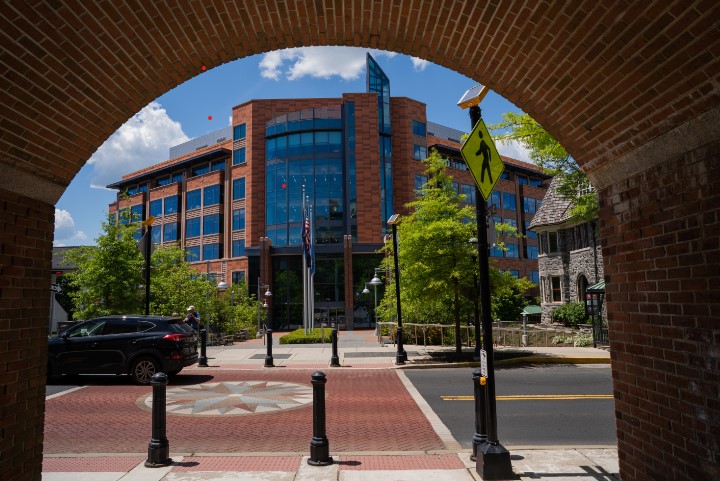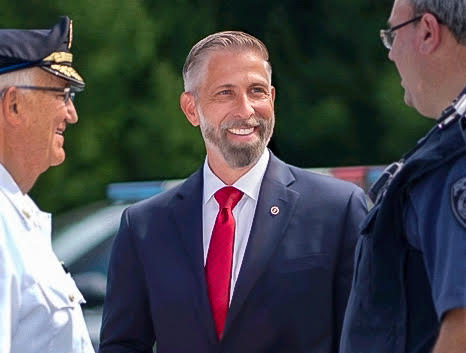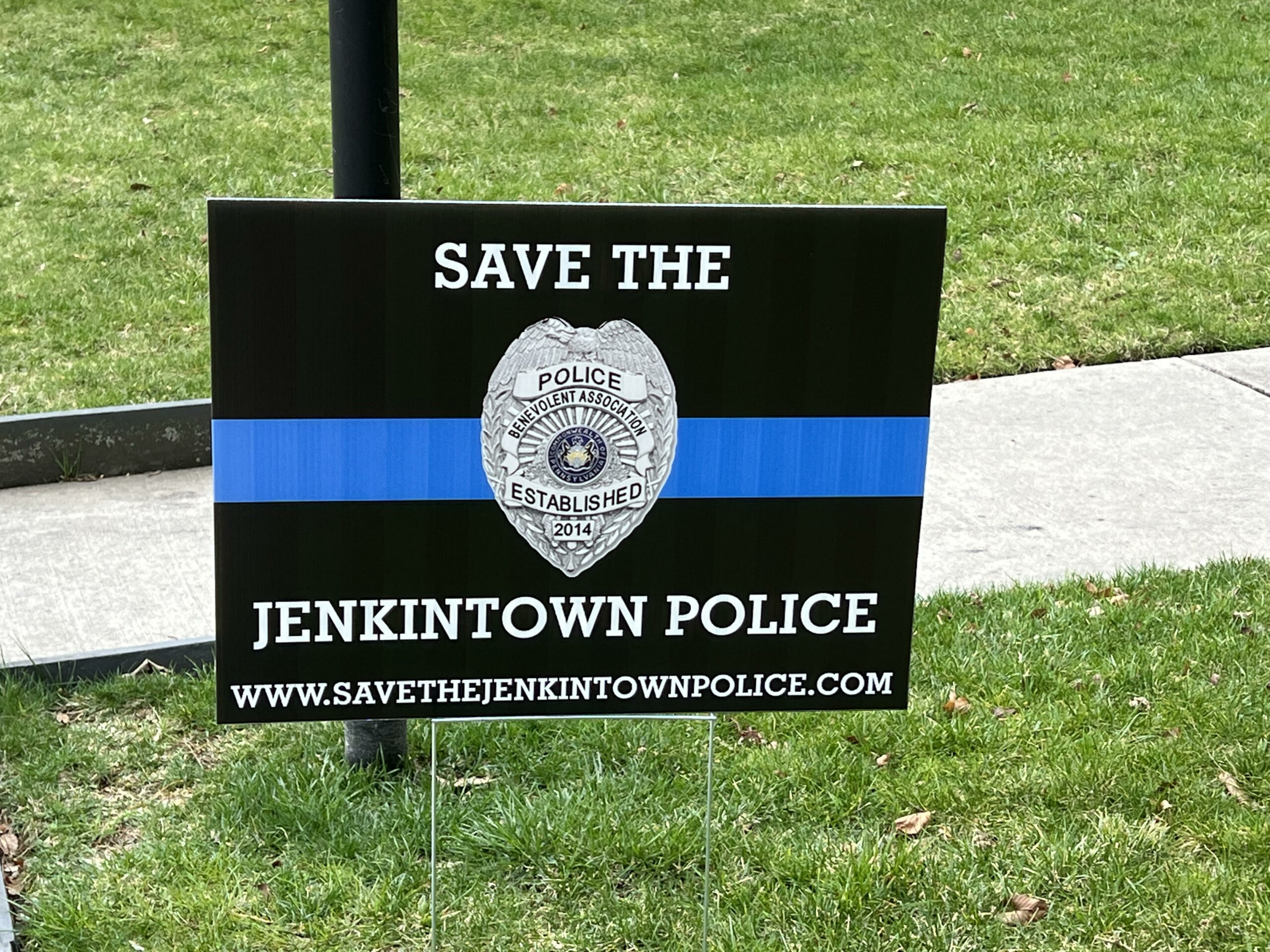As the long, warm days of summer settle across our beautiful county, an opportunity arises that is far more than just another community event. On the first Tuesday in August—this year, August 5—our neighborhoods will come alive for a special purpose. This is National Night Out, and I am personally inviting every resident to join […]








